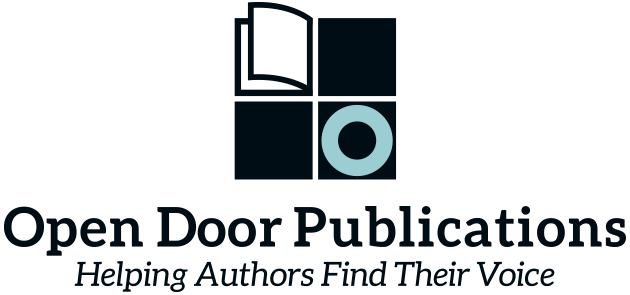If you’ve spent any time at all in business you’ve heard the phrase, “find your target market.” As a writer, your target market is your reader. When I ask the writers I work with who their target reader is, the most common answer I get is “everyone,” or some variation of the word, such as “every parent,” or “everyone in business,” or “everyone who likes to cook,” or “everyone who reads mysteries,” or another answer equally as broad.
Some people try to narrow it down a bit: “my audience is women ” (okay, you’ve narrowed it to half the population) or “my audience is women between the ages of 30 and 60,” (now we’ve got it to one quarter of the population). All of these answers are still too expansive to define your true target reader.
Before you begin to write your book, come up with as detailed a description of your target reader as possible. The more you know about your reader, the better equipped you will be in writing a book they will be interested in buying and reading.
Is your audience experts on your subject, or are they beginners in the field? Knowing the answer will help you adjust your vocabulary to the correct level. A book written for beginners that does not explain complex vocabulary specific to your subject will quickly turn off readers who are unfamiliar but want to learn.
Don’t think this question is only for writers of nonfiction. Fiction writers must also think about the age and vocabulary of their readers. A “read-to-me” book, or one written for four- and five-year-olds who do not yet read should have a higher vocabulary than a first reader. Why? Because a young child’s listening vocabulary and comprehension are greater than the words he can actually read for himself.
Science fiction and fantasy are two other fiction genres that often require the writer to explain a new or different technology or world to the reader. If your characters live in a world different from our own, you must explain the rules of the world to the reader, including both the physics and the legal rules.
A second question to ask about your readers is their generation. Are they teenagers or over age 50? Different age groups have their own slang and jargon or catchphrases, their own touchstones and icons. If your audience is under age 35, referencing Frank Sinatra or Kennedy’s assassination won’t stir them; better to talk about Justin Bieber and 9/11 instead. If they are under 25, Timberlake is passé, Megan Thee Stallion is one of the most popular singers right now. And of course, COVID-19 will become the touchstone for Generation Z, the group who are in the late teens and early 20s right now.
I’m sure you know what I’m talking about by now. Understanding who your reader is has a huge impact on how you write your book. Here are a few questions to ask yourself about your target readers.
- What is their gender?
- What is their age?
- What is their income level?
- What are their hobbies?
- What other books do they read?
- How much do they know about the subject of my book, i.e., is this written as a book for beginners or for experts?
I often suggest writers think of a specific person who would enjoy reading their books. As you write, keep this person in mind. How would this person react to what you have written? Would the person understand the explanation or description you just wrote or be bored and find it too elementary? Would your reader chuckle or gasp in horror at the right places?
Write a description of your target reader. This person can be someone you know, or it can be a fictionalized, composite character. Either way, make your description as detailed as you can. When you work on your book, picture this person sitting at the table across from you. Write as if you are having a conversation with him.

